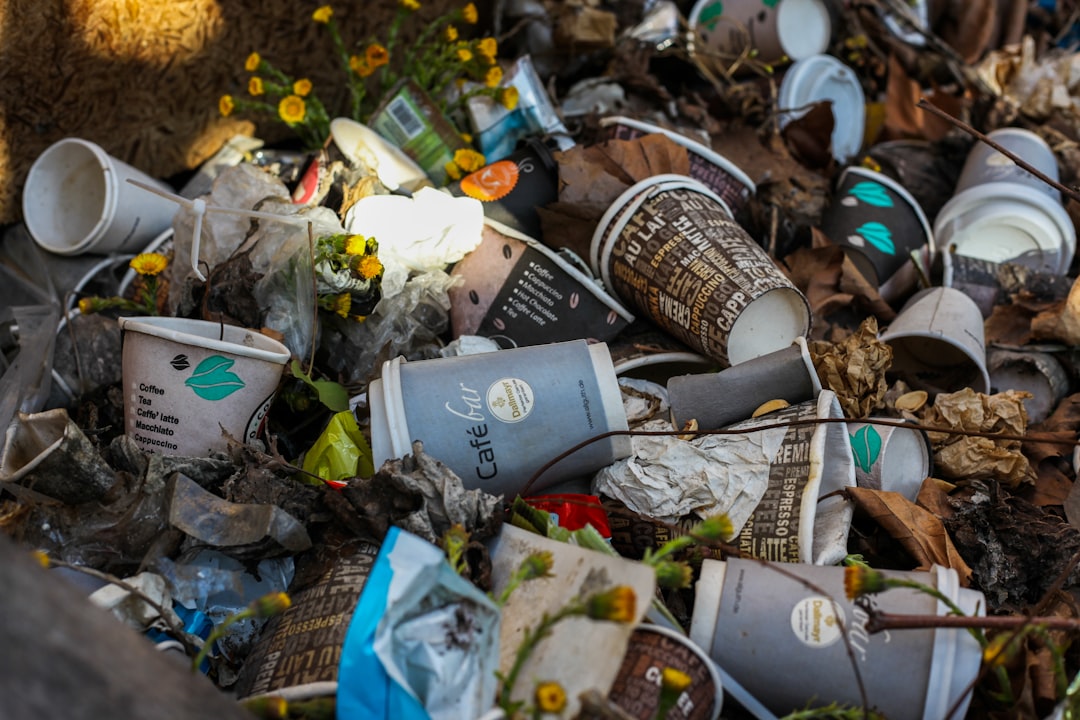Aboriginal cultural heritage is a fundamental aspect of Australia’s rich historical tapestry. It offers a window into the ancient traditions and practices of the First Nations Peoples, providing invaluable insights into their relationship with the land and environment. This cultural heritage is not only a source of pride for Aboriginal communities but also a vital part of the broader Australian identity. Understanding and preserving these traditions is crucial for fostering respect and appreciation across cultures.
The significance of Aboriginal cultural heritage extends beyond artefacts and stories. It encompasses a wide range of expressions, including art, music, dance, and oral histories, all of which have been passed down through generations. These cultural practices are deeply intertwined with the natural landscape, reflecting a profound connection to the land. For those interested in learning more about how these cultural elements are preserved, consulting with experts can be invaluable. Services such as aboriginal cultural heritage consulting play a crucial role in ensuring these traditions are respected and maintained for future generations.
Preservation efforts are often challenged by modern development and environmental changes. The impact of urbanisation and industrial projects can threaten sacred sites and disrupt traditional practices. However, through collaborative efforts between Aboriginal communities, government bodies, and heritage consultants, there are ongoing initiatives to safeguard these vital cultural resources. This collaboration is essential not only for protecting sacred sites but also for educating the wider public about the importance of Aboriginal heritage.
Education and awareness are key in promoting understanding and appreciation of Aboriginal cultural heritage. Educational programmes in schools and communities help to bridge the gap between cultures, offering a more comprehensive view of Australia’s history. These programmes often involve direct engagement with Aboriginal elders and leaders, providing authentic insights into their culture and traditions. By fostering this understanding, society can move towards a more inclusive future where diverse histories and identities are celebrated.
In recent years, there has been a growing recognition of the need to integrate Aboriginal perspectives into broader cultural and environmental policies. This involves acknowledging the traditional knowledge held by Aboriginal people, which can offer innovative approaches to environmental management and sustainability. By respecting and incorporating this knowledge, there is potential to address contemporary environmental challenges more effectively.
For those seeking to delve deeper into the rich cultural heritage of the Aboriginal peoples, resources are available to guide and inform. Organisations like Access Archaeology are committed to supporting these efforts by providing comprehensive resources and services. Their website, Access Archaeology, offers valuable information and support for individuals and organisations aiming to engage with and preserve Aboriginal heritage.
In conclusion, Aboriginal cultural heritage is a precious component of Australia’s national identity. It offers unique insights into the world’s oldest living cultures, promoting understanding and respect among diverse communities. Through education, collaboration, and respect, this heritage can be preserved for future generations, ensuring that the rich tapestry of Aboriginal culture continues to inspire and educate.









